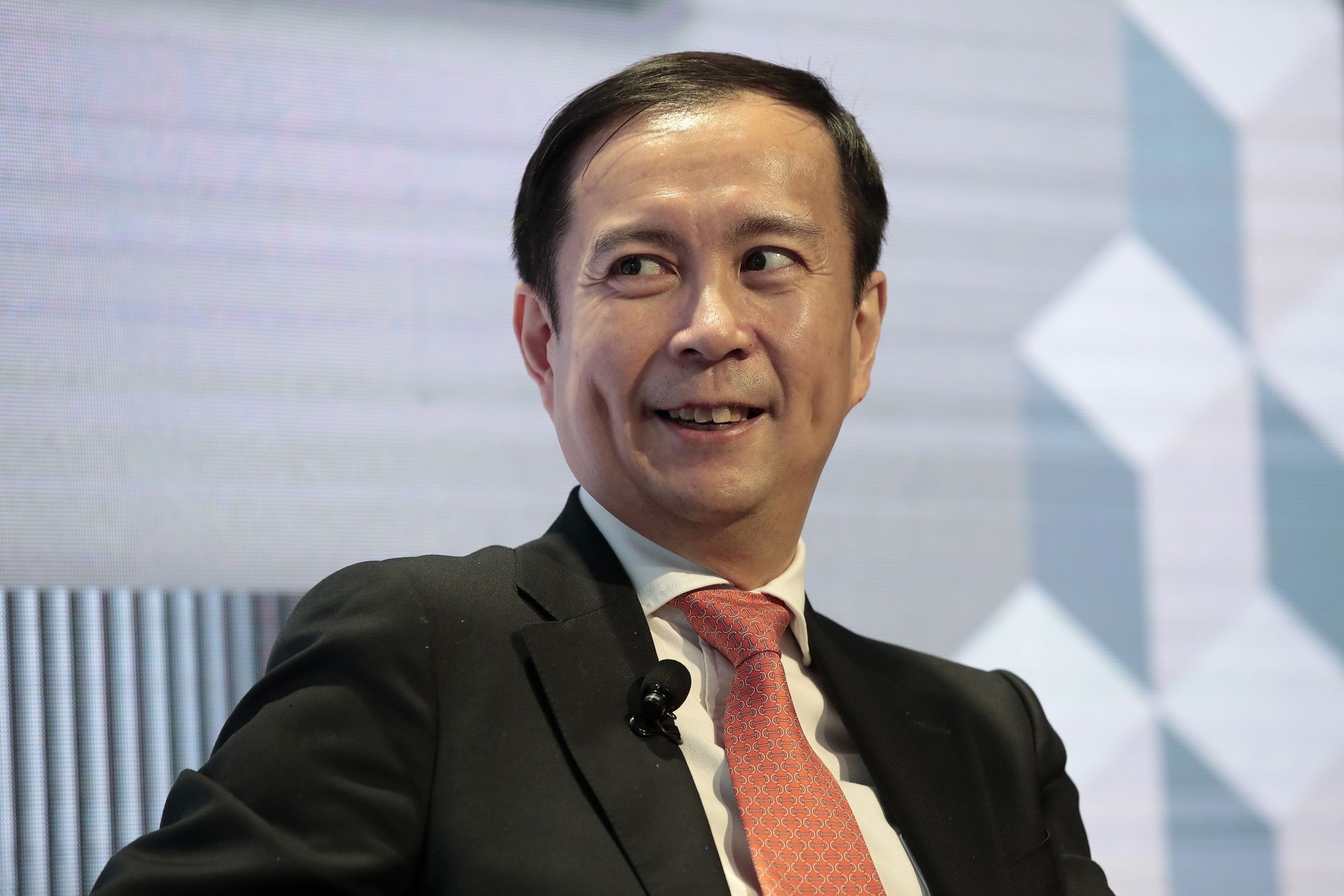Nov 13, 2019
Alibaba starts taking orders for US$11B Hong Kong listing
, Bloomberg News
Alibaba Filed Listing Application With Hong Kong Stock Exchange
Alibaba Group Holding Ltd. started taking investor orders for its Hong Kong share sale, which could raise more than US$11 billion in the city’s largest equity offering since 2010.
The New York-listed tech giant is offering 500 million new shares, according to terms for the deal obtained by Bloomberg on Wednesday. The base offering could raise about US$11.7 billion based on Alibaba’s Tuesday close in New York, though it’s possible the stock will be priced at a discount. Alibaba’s American depositary shares, which represent 8 ordinary shares of the internet company, rose 0.1 per cent to US$186.97 in U.S. trading Tuesday.
Asia’s largest corporation is proceeding with what could be this year’s largest stock offering globally despite violent pro-democracy protests gripping the city. Alibaba aims to price the offering before U.S. market open on Nov. 20 and start trading in Hong Kong on Nov. 26, the terms show.
Alibaba plans to use the offering proceeds to drive user engagement, improve operational efficiency and fund continued innovation, according to the terms. Deal underwriters have a so-called greenshoe option to sell an additional 75 million shares. Alibaba said in a regulatory filing that New York will continue to be its primary listing venue.
China International Capital Corp. and Credit Suisse Group AG are joint sponsors of the offering, while Citigroup Inc., JPMorgan Chase & Co. and Morgan Stanley are joint global coordinators. HSBC Holdings Plc and ICBC International Holdings Ltd. are also helping arrange the sale, the terms show.
Alibaba’s share sale marks a triumph for Hong Kong stock exchange that lost many of China’s brightest technology stars to U.S. rivals. The city’s bourse has introduced new rules that allow dual-class shares after resisting such a change for a decade. Efforts to lure Alibaba went all the way to the top of Hong Kong’s government, with Chief Executive Carrie Lam exhorting billionaire Jack Ma to consider a listing in the city.
The New York-listed Chinese giant had aimed to list over the summer before pro-democracy protests rocked the financial hub, while trade tensions between Washington and Beijing clouded the market’s outlook. It’s unclear if the violence will affect the listing process, given growing resentment toward mainland Chinese influence as well as the country’s most visible corporate symbols.
Listing closer to home has been a long-time dream of Ma’s-- a move that curries favor with Beijing and hedges against trade war risks. A successful Hong Kong share sale could also help finance a costly war of subsidies with Meituan Dianping in food delivery and travel, and divert investor cash from rivals like Meituan and WeChat operator Tencent Holdings Ltd.

A successful Hong Kong debut will be another feather in the cap for Daniel Zhang, who took over as chairman from Ma in September. The former accountant is now spearheading the company’s expansion beyond Asia but also into adjacent markets from cloud computing to entertainment, logistics and physical retail.
--With assistance from Manuel Baigorri, Crystal Tse and Julia Fioretti.





